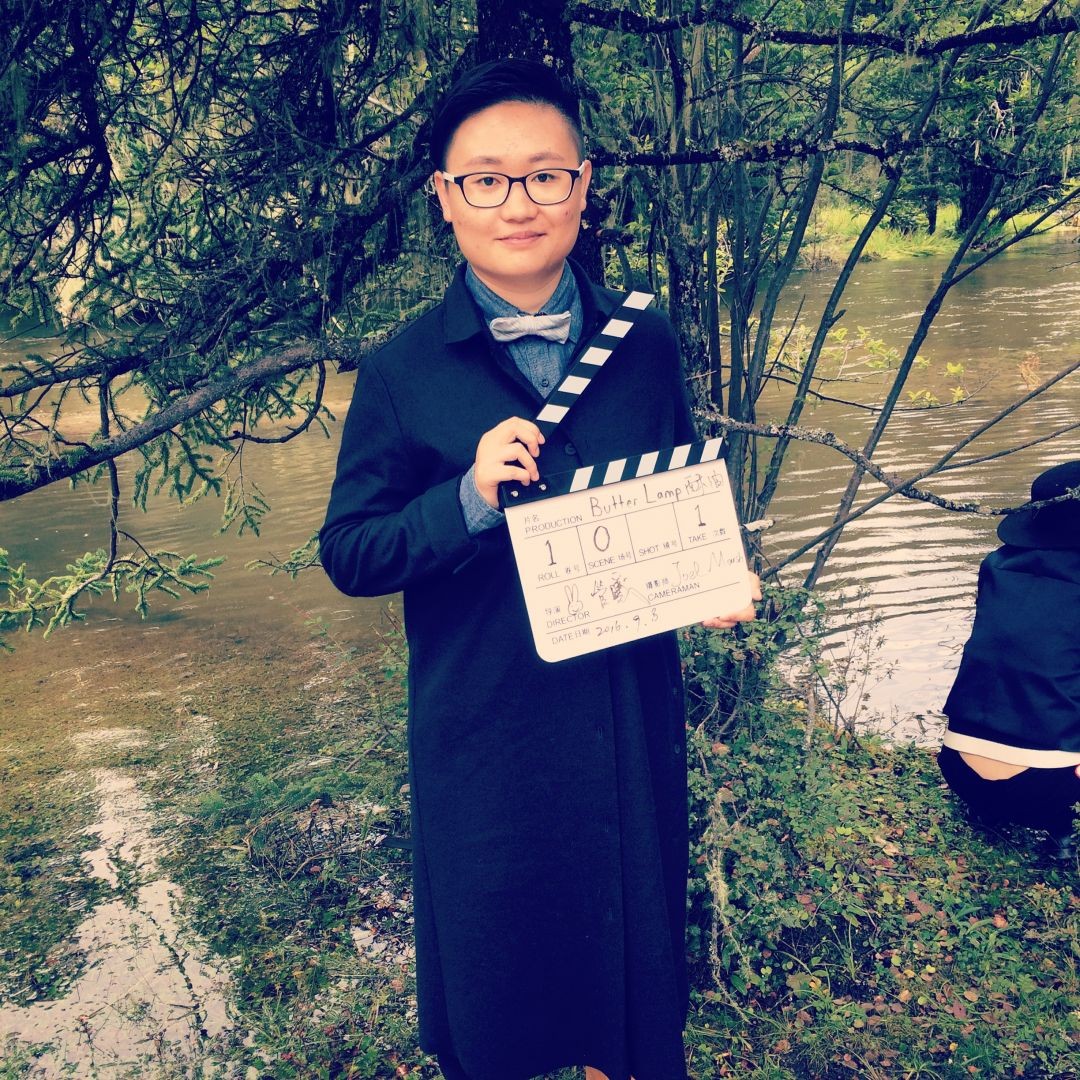We recently connected with Guo Guo and have shared our conversation below.
Guo, thanks for taking the time to share your stories with us today We’d love to hear the backstory behind a risk you’ve taken – whether big or small, walk us through what it was like and how it ultimately turned out.
Risk always comes with opportunities. When I was growing up, I always was the type tries my best not to step outside of the box, trying to be the good kid, typical good Asian kid right? Until when I graduated from college and got the offer to go to one of the most prestigious film schools in the world, I felt like my dream came true. However, a few days later, I was told that my father’s investment company went bankrupt and my family was burdened with a huge amount of debt. I decided to stay and support my family, putting off my dream. But this time, I didn’t take their “suggestion” to work as a well-paid English teacher. I was going to do it my way. Since there’s nothing to lose (more), I took the risky route. I started interning for a production company that paid me 10 dollars a day. To not starve, I dove into the futures market. Beginning with only $500, in two years, I was able to helped pay some of my family’s debt. Those three years taught me what it meant to be independent and how to shoulder the burden of responsibilities.
Jumping from having a steady job in China to studying in AFI and then becoming a freelancing producer now is also a testament to risk taking. It is scary, but like any dream, if you believe in it, it is worth a leap of faith. Or in my case, a lot of leaps.
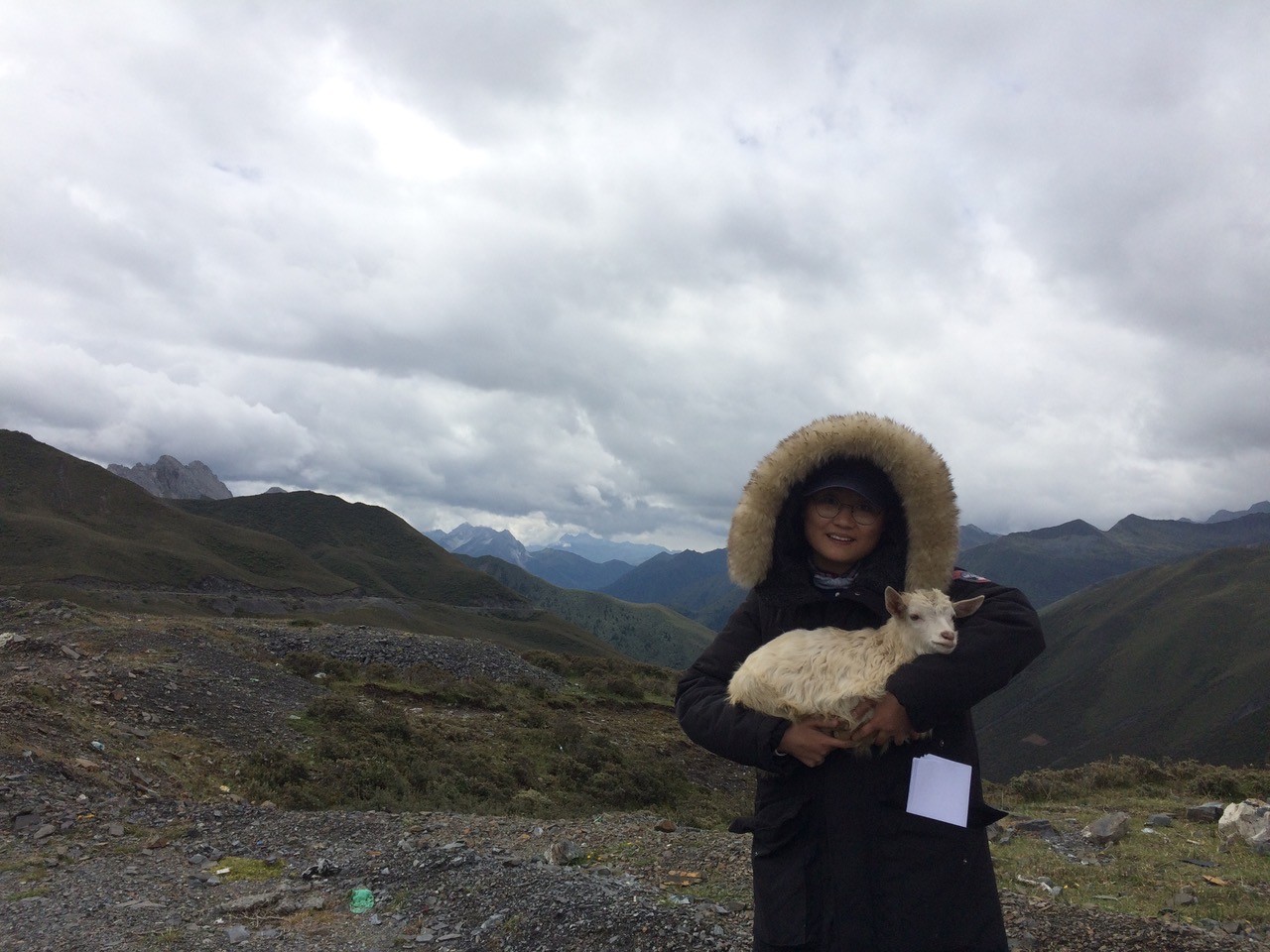
As always, we appreciate you sharing your insights and we’ve got a few more questions for you, but before we get to all of that can you take a minute to introduce yourself and give our readers some of your back background and context?
When I was 6, I was part of an experimental Chinese government class, hosting both Muslim and Han kids to test their inclusion policy. Each Han kid like myself was assigned a Muslim desk mate. Mine’s name was Urlev. We never spoke a word to each other in half a year. Until one day, my dad, who was in the US at the time, sent back a VCD disk of FANTASIA. That Sunday, we watched it together. The power of film allowed me to talk to a Muslim boy for the first time in my life, gain a lifelong friend and planted the seeds of filmmaking.
In 2016, after working my way up from an intern to producer, I arrived at Tripoli, Lebanon to shoot my feature film MEIDO. The street we shot on was Syrian street, a street that is the demarcation line of a lot of things: Lebanese and Syrian refugees, Lebanese government army and ISIS, etc. For over three decades, no one dared to set foot on that blood-soaked soil or speak to other side’s enemies. Until we decided to shoot a part of our film there.
During the shoot, I was the only person with a computer screen. I was swamped by kids from both sides. I wanted to show them an easy-to-understand film to explain what we are doing. I chose FANTASIA. When seeing kids from both sides, sworn enemies, huddling together, I suddenly saw my 6-year-old self, huddling with Urlev, the previous imagined “enemy from the other side.” I realized how a film literally transcended time, religion, continents, races and everything in between.
Before we left, Haii, a Syrian boy who inspired kids from both sides to help us, told me “My dad was ISIS and got killed by people from the other side. I swore to avenge him. But now, instead of shooting guns, I want to shoot films.” That recaps what I think my purpose is as an independent producer: to be a bridge, for telling unique stories that share universal values, for people to see we are not that different, for understanding “the other side”.
As a filmmaker, I always feel we have the obligation of shouldering the responsibilities as the messengers. My life is so much influenced by movies and being a member of the industry, I know how important it is to bear that responsibility in mind. Because you never know, you may have the power to inspire a boy to second guess their life’s purpose is not only about revenge. Or inspire a scrawny girl hiding in the library avoiding bullies who may end up living the dream telling you this story now.
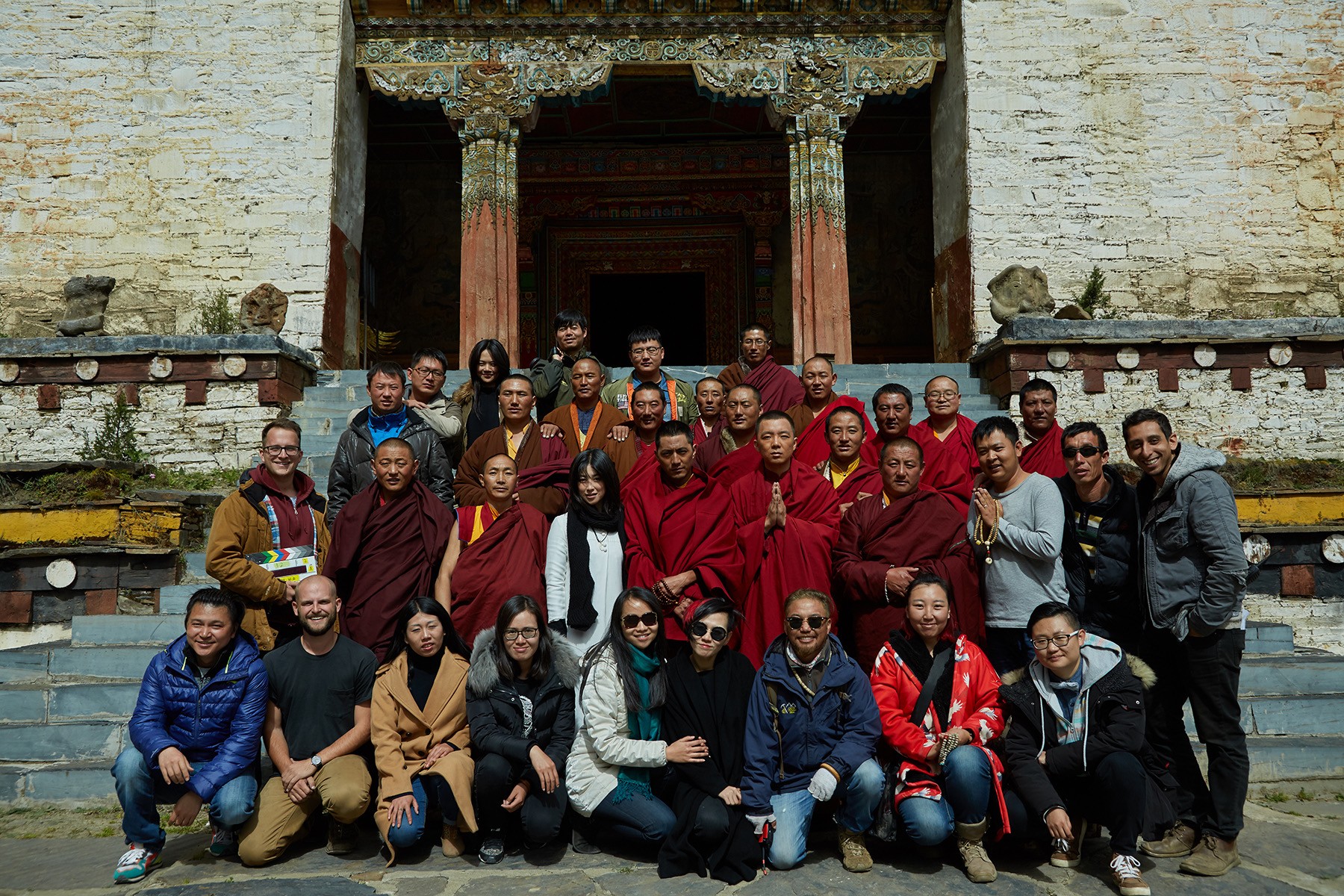
What’s the most rewarding aspect of being a creative in your experience?
In the past year, after producing two feature films back to back, I was exhausted and lost coming back from Tribeca despite the wins. Making a film is hard, too hard sometimes that makes you question why you even want to do it in the first place. Especially as a producer, sometimes probably feel like you are doing the most thankless jobs of all. However, I often refer back to the ups and downs of the process – the excitement of securing a dream talent v.s. the devastating news of losing a location the day before the shoot; the eureka moment of cracking a scene together with the writer v.s. the shitty feeling after a focus group screening; the chuckle in the audience when watching the final film with them v.s. the intense arguments you have with your director. I know these moments are the reasons producing is fascinating: you will never have a dull moment. Throughout the journey, it is those problems being solved and the moment you finally are able to share the story, that story that you have been holding so dear to your heart, sometimes doubting if it would ever make the audiences feel what you feel. Seeing the audiences reacting and feeling to that story is the most rewarding of all.
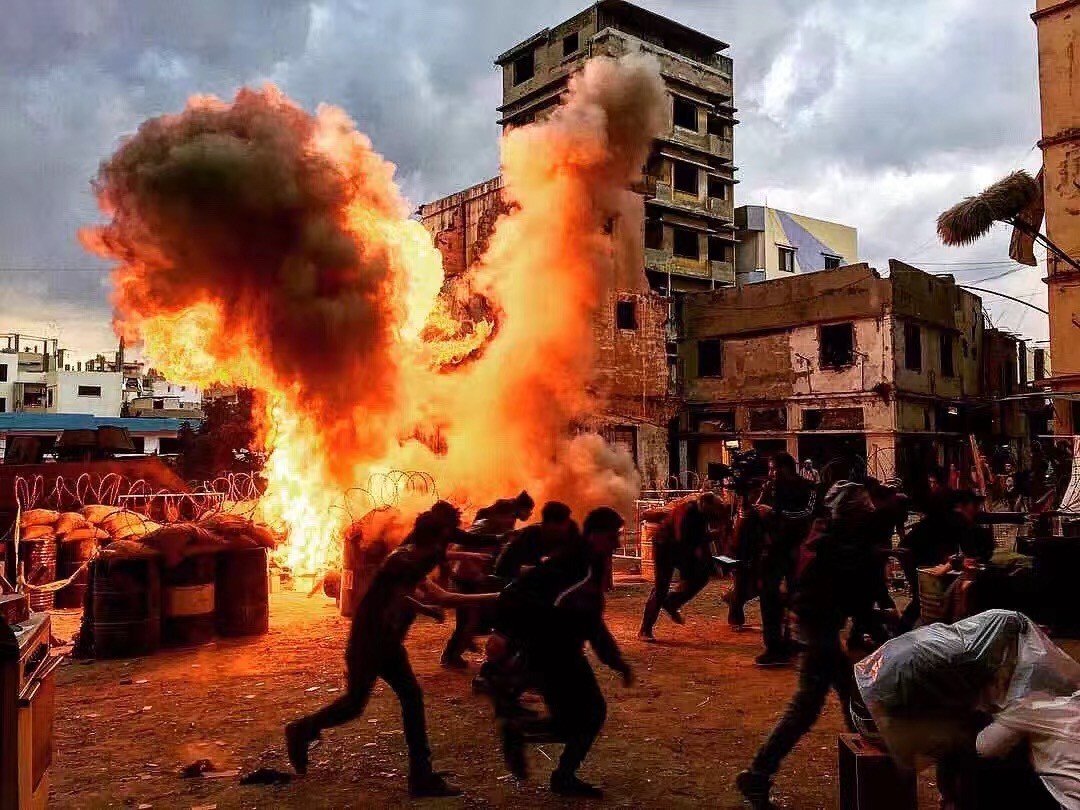
What can society do to ensure an environment that’s helpful to artists and creatives?
Representation matters. We are too vibrant, too diverse, very similar yet very different.
The representations should not be only about how many BIPOC talents are featured in front of the camera but also behind the camera. As a producer myself, I have the privilege of having somewhat of a say of who to work with. When there’s an opportunity, I would always try my best to support the minority talents because their stories matter. Having them behind the camera would help the process of making the production a more diverse, open and more vibrant space. AND YES, it helps you to tell a better story because you never know how would their unique experiences contribute to the final story.
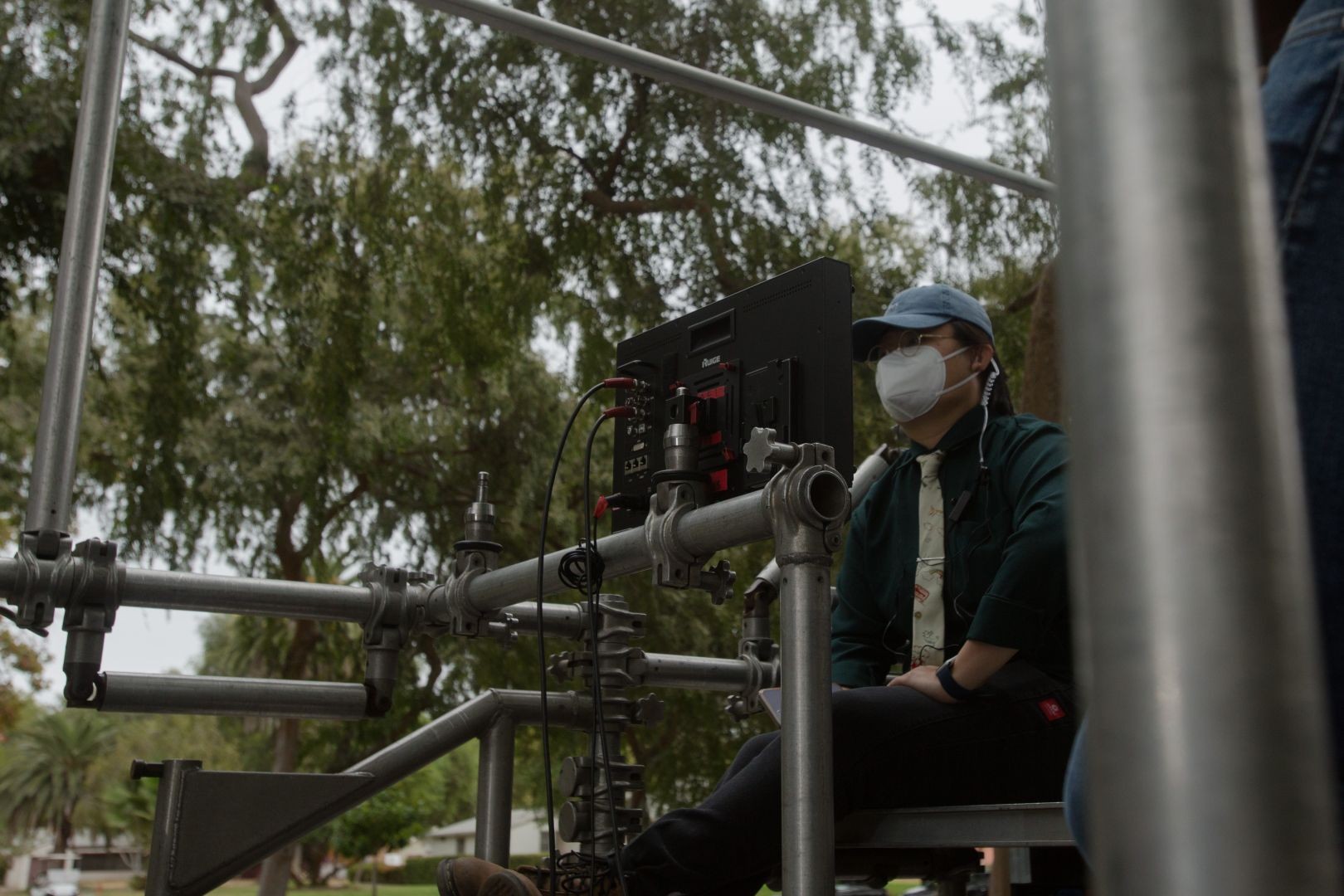
Contact Info:
- Instagram: @guoguocricket
- Linkedin: https://www.linkedin.com/in/guo-guo/


